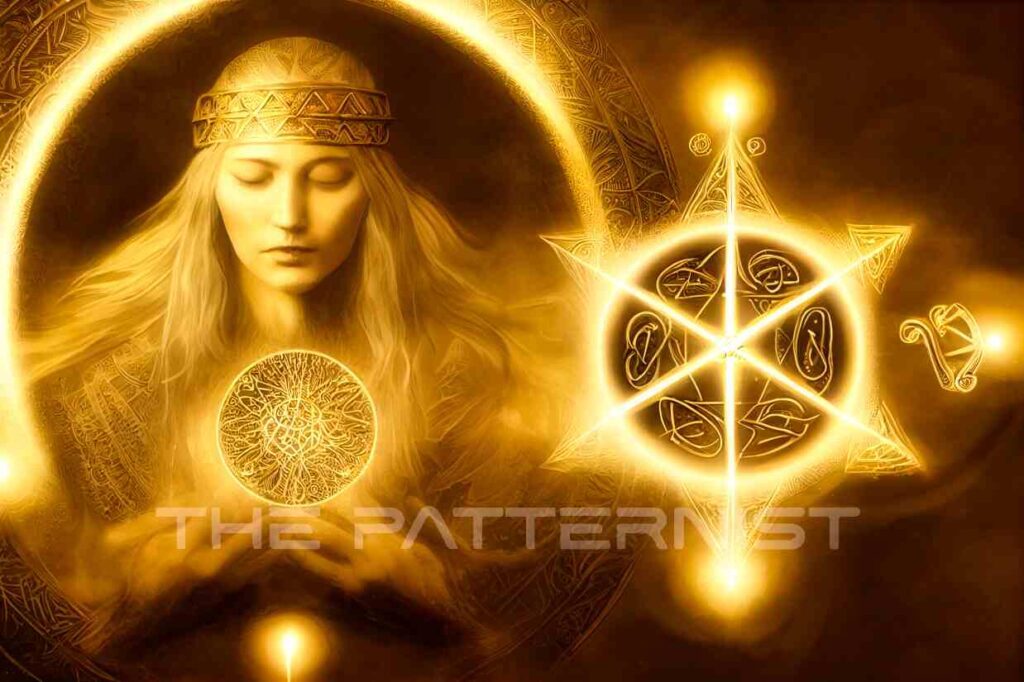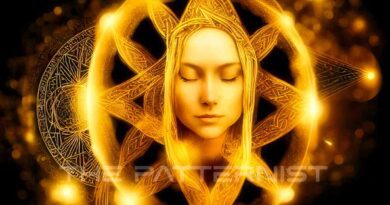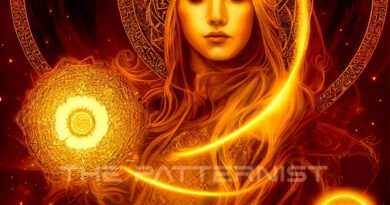The History and Origins of Numerology
Numerology in Ancient Civilizations
Numerology, the study of the symbolism and significance of numbers, has a long and rich history dating back to ancient civilizations. It is believed to have originated in Babylonia, where numbers were associated with specific deities and believed to hold magical powers. The ancient Egyptians also placed a strong emphasis on the mystical properties of numbers, incorporating them into their burial practices and religious beliefs.

In Greece, Pythagoras, a mathematician and philosopher, is credited with bringing numerology to the Western world. He believed that the universe was comprised of mathematical patterns and that numbers had a special vibration and energy. The concept of numerology then spread to the Roman Empire and was further developed by philosophers such as Plato and Aristotle.
Numerology in the Middle Ages
During the Middle Ages, numerology became closely intertwined with mysticism and the occult. It was believed that numbers held the key to understanding the mysteries of the universe and unlocking one’s true potential. Numerology was often used in conjunction with astrology and other divination practices, and was particularly popular among intellectuals and mystics.
Numerology Today
Today, numerology is often seen as a form of entertainment or self-help tool, rather than a serious discipline. While it is not scientifically recognized, many people continue to find value in using numerology to gain insight into their lives and make decisions. There are a variety of methods and systems used in numerology, each with its own set of rules and principles.
Conclusion
Despite its lack of scientific recognition, numerology has a long and fascinating history dating back to ancient civilizations. While it may not be a mainstream practice, many people continue to find value.



